
I found her at 11:17pm last Tuesday—elbow deep in browser tabs comparing parental controls. Our daughter’s fourth-grade homework involved an AI poetry generator, and her quiet ‘Hmm…’ as she tested prompts told me everything. That moment—the blue light reflecting in her tired eyes—hit harder than any tech headline. Because here’s the truth: AI isn’t some distant future. It’s at our kitchen table right now, eating goldfish crackers and asking for help with math. And the way she paused, finger hovering over the keyboard… That’s when I knew: We aren’t just raising kids anymore. We’re raising humans who’ll dance with machines.
When Convenience Meets Unseen Strings
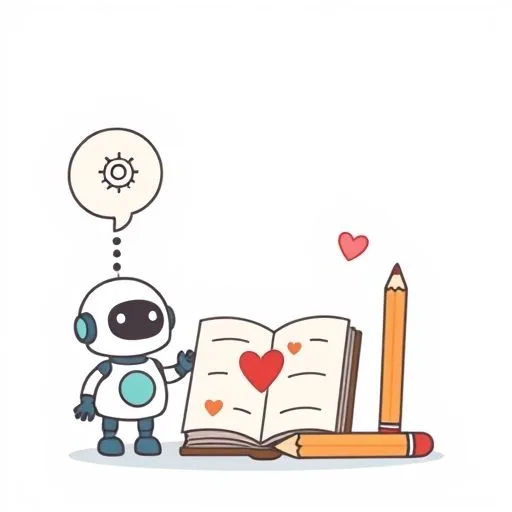
Remember when screen time meant counting TV hours? Now it’s watching our 10-year-old debate homework answers with a chatbot. The first time I saw her do it—head tilted like listening to a friend—her pencil slowly lowering… that’s when I felt the shift. AI tutors promise instant help, but what about the struggle that builds resilience?
My wife noticed it first: Our son stopped checking recipe books after discovering voice-activated cooking helpers. The night she deliberately ‘forgot’ Alexa’s password, watching him triumphantly crack eggs without instructions—that proud grin? That’s sustainable tech parenting in action.
Her rule resonates with me now: ‘If it removes struggle, ask what else it removes.’ So we measure AI tools by what they leave behind—like muddy boots tracking learning across the floor. Does math homework help leave confidence crumbs? Does the writing bot spark creativity or just autofill ideas? The answer hides in their eyes when they hit ‘submit.’
Mapping the Invisible Playground
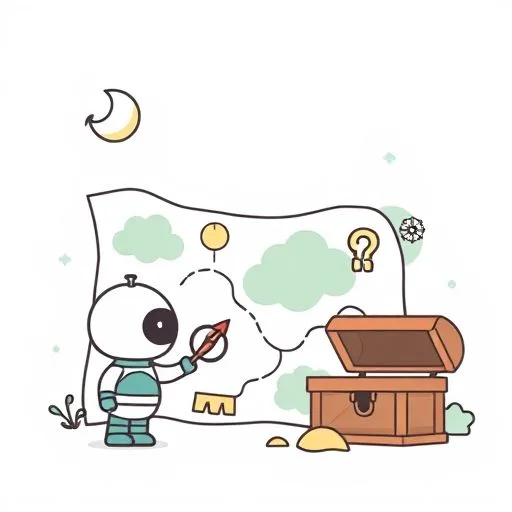
She drew it first—a crayon map labeling ‘safe zones’ and ‘dig here’ spots across their favorite apps. Watching our kids navigate AI is like watching them climb jungle gyms blindfolded unless we point out the drop-offs. Three things she quietly implemented: 1) AI Accountability Hour (explain what tools you used like showing your work), 2) The ‘Why Should I Trust This?’ game during YouTube deep dives, and 3) Our family’s Data Diet Chart—monitoring what we feed algorithms like nutritional labels.
The real magic? How she turned ChatGPT into a debate partner, not an answer machine. ‘Convince this bot you’re right,’ became our dinner challenge. Last week, our daughter won an argument about climate change sources against GPT-4. Her victorious smirk? Proof that critical thinking still outshines artificial intelligence.
The Safety Nets We Weave Between Algorithms
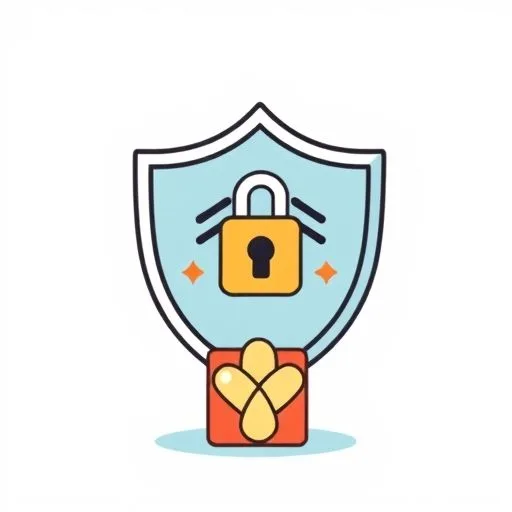
I caught her whispering to our sleeping son after his first deepfake encounter: ‘Remember—real love glitches.’ That’s when it clicked: Digital citizenship starts with naming the invisible. She started small—leaving ‘AI detective’ clues like discussing why Spotify’s playlist recommendations feel eerily accurate. Now we play ‘Spot the Bot’ during commercials, rewarding catches with extra story time.
Her brilliant hack? Turning privacy settings into a treasure hunt.
‘Find three ways this app might use your data’ uncovered more awareness than any lecture. When our daughter discovered Instagram’s tracking cookies, her disgusted ‘That’s like someone reading my diary!’ proved the lesson stuck.
Planting Gardens in Server Farms
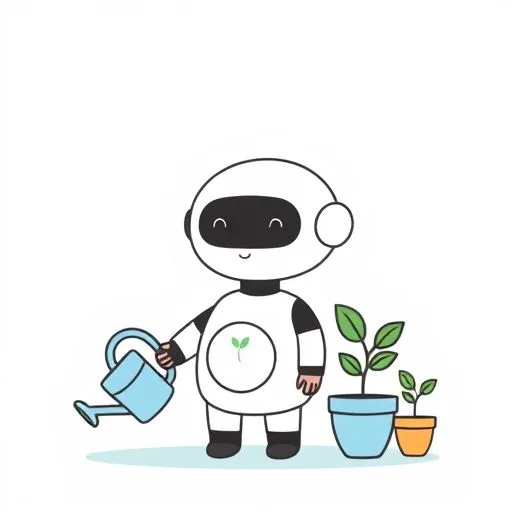
He showed me the notes app entry titled ‘Sorry, Earth’—his calculation of energy used training his homework helper AI. That’s when we started balancing tech use with tangible actions: Each ChatGPT session equals weeding duties, using AI art generators means planting real seeds. Sustainability isn’t just screen limits—it’s showing that clouds (digital and cumulus) connect.
Her best move? Making ‘AI allowance’ part of chores. Want GPT-4 help? Earn minutes by helping grandma FaceTime or cataloging backyard insects for a citizen science app. The trade-off teaches what no parental control can: Tech’s true cost isn’t dollars—it’s attention, energy, and the moments we exchange for convenience.
The Humanity Backup System
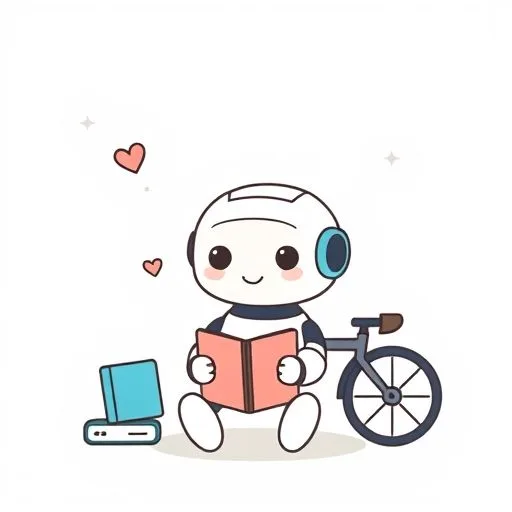
We almost missed the dance recital to troubleshoot a broken AI tutor. Her solution? The Tech Fallback Pact: Every digital shortcut needs an analog counterpart. They now keep handwritten journals alongside blog drafts, play real chess after online matches, and—my favorite—must correctly pronounce a word before using voice search. Watching them flip between worlds proves balance isn’t rejection—it’s developing tech proprioception.
The toaster oven incident says it all: When our son tried asking Alexa to preheat it, but yelled across the house instead when Wi-Fi failed. His proud ‘I used human commands!’ made her laugh that deep, unfiltered laugh we’re safeguarding against all algorithms. Because parenting in the AI age isn’t about resistance—it’s raising kids who know when to logout and live.
Source: Poor Communities Are Paying the Price for “Free” AI Tools, In These Times, 2025-10-01
